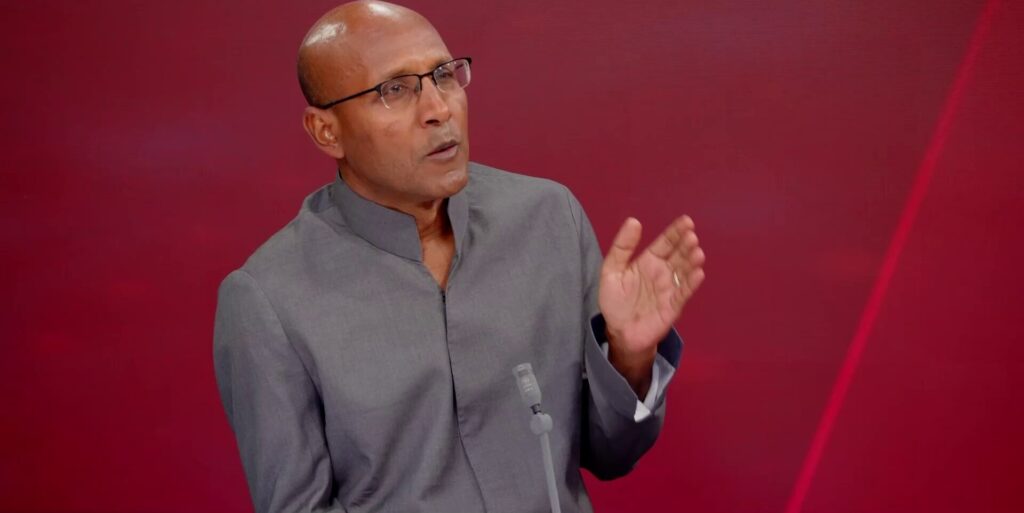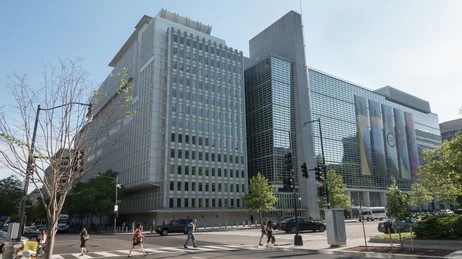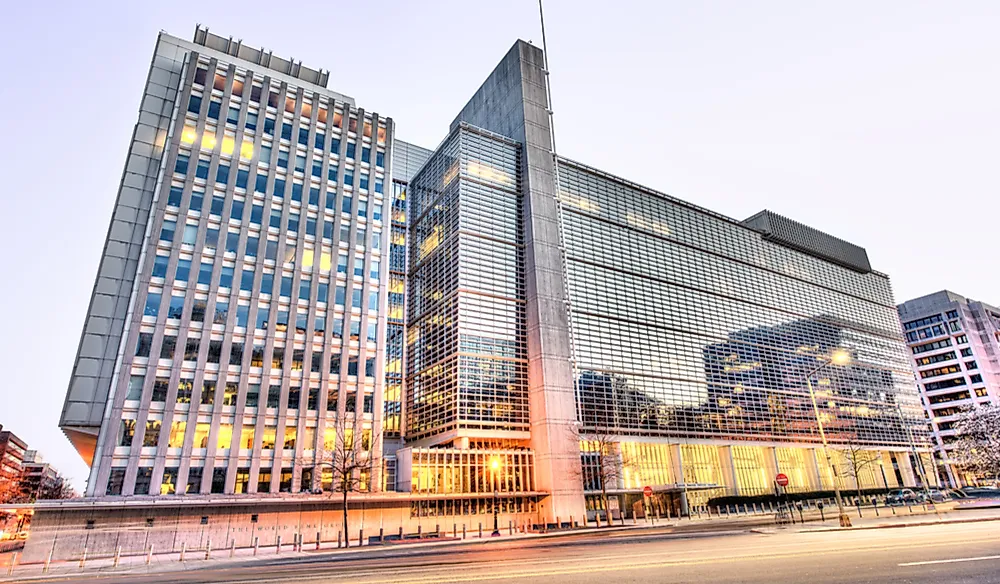At a Glance
- Inflation drops to 4%, easing pressure on currencies and boosting business confidence regionally.
- Sub-Saharan Africa’s growth rises to 3.8% in 2025, investment gradually recovering.
- Job creation remains critical as majority of youth rely on informal employment.
The World Bank expects Sub-Saharan Africa’s economy to pick up next year as inflation slows and investment improves, though creating enough jobs for the region’s swelling youth population remains a major concern.
In its latest Africa’s Pulse report, released in October, the Bank forecast growth of 3.8% in 2025, up from 3.5 percent this year, and an average of 4.4 percent through 2027. The modest rebound, it said, reflects easing price pressures, a more stable currency environment, and a gradual recovery in private consumption and investment after the 2023 slump.
“The region’s economic pulse is stabilizing,” said Andrew Dabalen, the World Bank’s chief economist for Africa. “But the next chapter of Africa’s growth story must focus on jobs—more and better ones.”

Inflation drops, confidence builds
Price growth across the region has slowed sharply, from a median of 9.3 percent in 2022 to 4.5 percent in 2024, and is expected to hover near 4 percent through 2026. That has given central banks room to cut interest rates and relieve pressure on currencies in countries such as Nigeria, Ghana, and Kenya.
Lower inflation and steadier exchange rates have lifted business confidence and helped governments trim the cost of fuel subsidies and imports. Exporters of oil, minerals, and farm goods are also gaining from firmer global demand.

Growth is back, jobs are not
Still, the Bank cautioned that growth has yet to deliver the kind of employment Africa needs. Only one in four workers hold formal wage-paying jobs, while most young people rely on informal work, from farming and street vending to short-term labor.
“This is the region’s biggest risk,” Dabalen said. “If growth doesn’t translate into formal work, Africa will get bigger, not necessarily richer.”

Focus shifts to private sector, productivity
To keep recovery on track, the World Bank urged African governments to widen credit access for small and mid-sized firms, lower trade barriers, and channel more investment into digital and green infrastructure. It also called for stronger tax systems and better governance to free resources for development.
Countries such as Kenya, Côte d’Ivoire, and Senegal are already seeing early benefits from reforms, while Nigeria and Ethiopia are taking steps to open up power, logistics, and technology sectors to investors.
Optimism meets lingering risks
The Bank warned that high public debt in several countries and external threats—including volatile commodity prices, climate shocks, and changes in global interest rates—could limit gains.
Even so, investor sentiment toward Africa is improving, supported by lower inflation and gradual policy reforms. As Dabalen summed up: “Macroeconomic stability is coming back. But people don’t live off GDP statistics—they live off jobs. That’s where Africa’s future will be shaped.”















